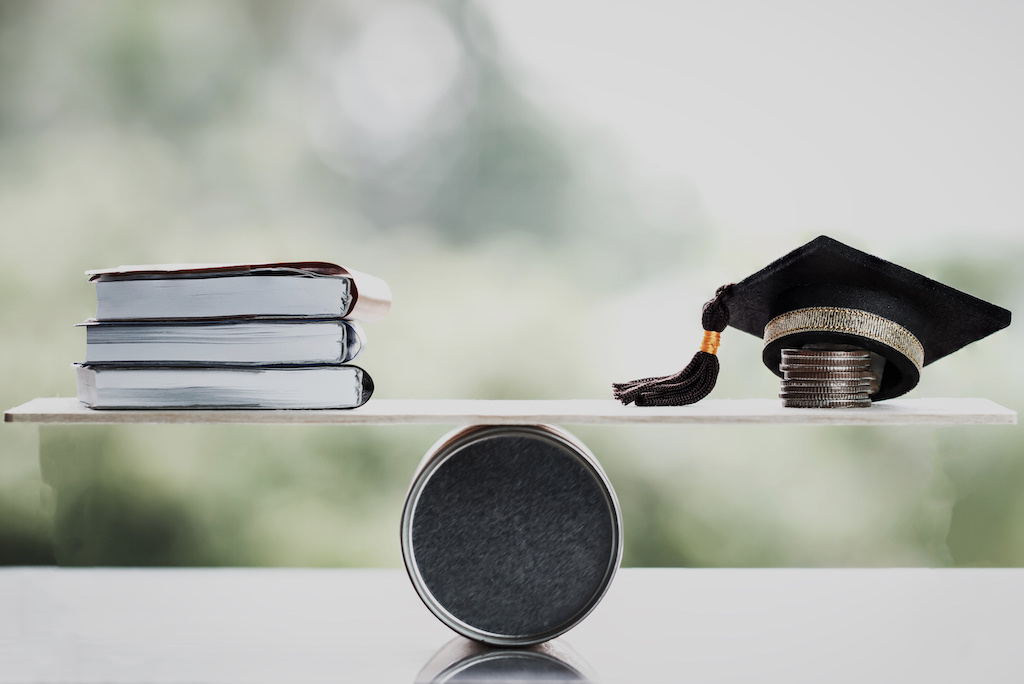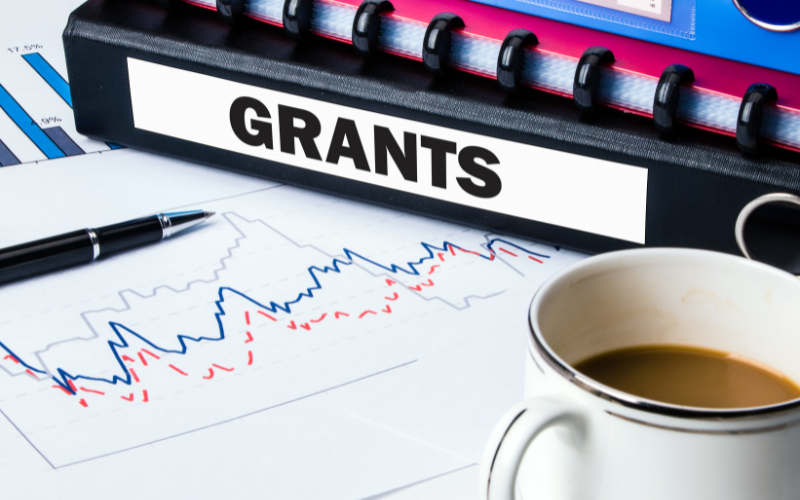During the Democratic primary campaign for President, Senators Elizabeth Warren and Bernie Sanders made no secret that they wanted to forgive student loan debt. Since President Biden’s election, both senators have called on President Biden to discharge student loan debt, which collectively stands at $1.7 trillion.
The senators (and their supporters) claim that President Biden has the legal authority to discharge student loan debt through an executive order. Whether or not he does is subject to debate.
If Biden does not, he would have to ask Congress to approve a massive discharge. No one is sure if he has the votes for approval, given the slim majority held by the Democrats in the Senate.
Let’s review the myriad issues surrounding the potential student loan discharge:
- The high-dollar volume of loans borrowed is for graduate students (there are virtually no loan caps on graduate student borrowing). Nearly 40% of student loan debt is for grad students who only represent 15% of college students. Grad students usually end up with better-paying jobs, so why should they be “rewarded” with the cancellation of their loans?
- There are existing loan forgiveness programs as well as income-based repayment plans that ultimately forgive debt (after 20-25 years of payments).
- Forgiving student loan debt for borrowers from households with less than a certain level of income is unfair to those who borrowed whose loans are not forgiven.
- Forgiving student loan debt does not resolve the problem that many students continue to borrow large sums of money to attend college. Should colleges be required to cap tuition and loans for degrees that lead to lower-paying jobs?
- The problem with student loans is not with students who earn a degree, but rather with students who borrow and who do not earn a degree.
- Is it fair to forgive outstanding loans and not do something for those who worked hard to pay off their debts?
- Is it fair to forgive outstanding loans to those who borrowed and not provide something to taxpayers who did not attend college?
- It’s not just students who borrow; it’s their parents who borrow, too. Should parent loan debt be eliminated as well?
- From 2009-2014, there were a group of people who purposefully signed up for college to obtain Pell grants and loan funds and then dropped out. Why should their loans be forgiven?
- Other than community colleges, there are few institutions that enable their students to graduate without student loan debt. Going forward, how can this situation be changed?
There are certainly more issues than those I’ve mentioned. The student loan debt issue is personal, and everyone’s story is different. I attended two private universities for undergrad and grad school and had student loans from both of them.
My siblings all attended public universities and did not have student loans. But all of us worked part-time jobs throughout college to pay for our living expenses. I can also relate to the student food desert situation.
My student loans forced me to defer purchasing my first house. At the same time, I believe my choice of institutions benefitted me in the long run. I was able to repay my student loans on time.
President Biden has stated that he wants to unify the country. He’s already deferred student loan payments for another eight months. If it were up to me, I would convene a presidential task force between now and then to surface all of the issues for a better understanding of how to resolve them in a way that satisfies as many people as possible. What would you do?











